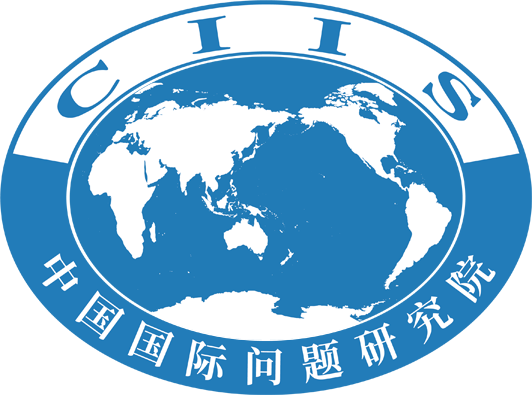Summary:
Cyberspace has become an indispensable part of a state, a society and the life of individuals due to the rapid development and extensive application of information technology. Together with its convenience, cyberspace has also posed an increasing number of potential risks and challenges. To seek superiority in cyberspace, many advanced countries in information and communications technology (ICT) have formulated cyberspace policies and strategies. Preparations for cyber-warfare have become an important part of army building in quite a few countries. Besides nation-states, non-state actors have also taken advantage of the vulnerability and interconnectivity of the cyberspace to inflict enormous damage on countries and societies.
The cyber-attacks that Estonia, Georgia and Iran suffered as well as the U.S. PRISM spying scandal exposed in 2013 have demonstrated that there is increasing difficulty in maintaining order and security in cyberspace. However, despite preparations for cyber-warfare by various countries and cyber-intrusions by individuals, there is still a lack of international laws governing cyberspace, especially the law for cyberspace arms control. Since some countries enjoy an advantaged position in information technology, they are also unwilling to talk about restraints on cyber activities. Against such a backdrop, it has become an urgent necessity to formulate international rules and improve the international law system in order to counter cyber threats, maintain order and security in cyberspace, and regulate cyber activities. Cyberspace arms control has also become an important part of the international arms control and disarmament.
Since the 1970s, the United States has always been a leading country in information technology. By drawing on its advantaged position in information technology and sufficient funding, it has worked out a relatively complete set of policies and strategies for cyberspace and is accelerating its pace in building cyber forces and carrying out theoretical research on cyber-warfare. As one of the major creators of the international order after World War II, the United States plays an irreplaceable role in international arms control and disarmament. Every single measure and action it takes in cyberspace will inevitably have a bearing on the development of international cyberspace arms control in the future.
This report presents first of all the general situation of current cyberspace, and then it introduces discussions on cyber-warfare in the international community and the restraints on cyber-warfare imposed by the existing international law as well as other issues. Subsequently, it analyzes cyber war preparedness and demands for cybersecurity of the United States and other countries. Finally, it proposes that a new regime and a new set of rules for cyberspace arms control be established so as to avoid the abuse of cyberspace and not to trigger international conflicts, for which the United States has unshirkable responsibility. The report holds that as China and the United States are working toward the establishment of a new type of major-power relationship, cooperation in cyberspace should be an important part of that endeavor.
Download the full report (pdf)



